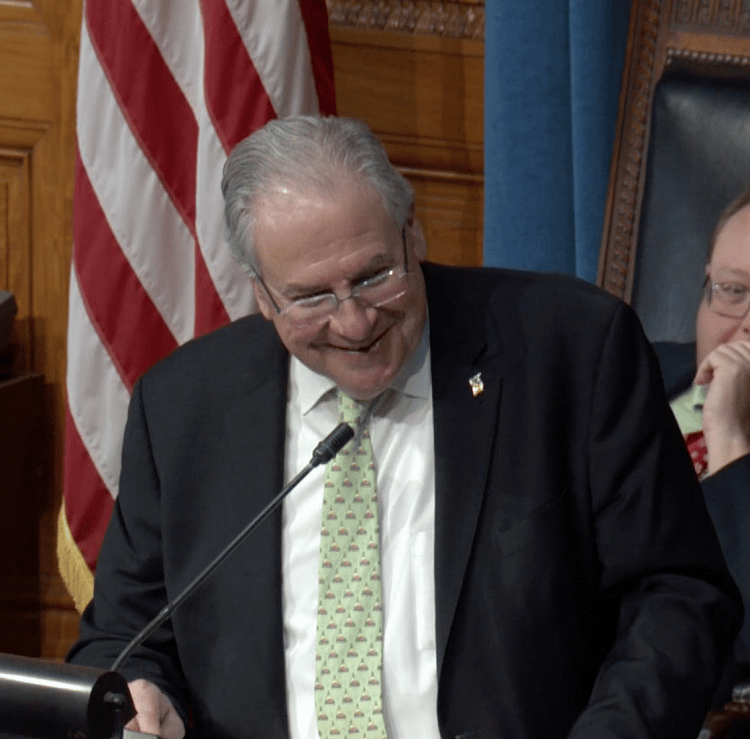Republicans on Beacon Hill Should Take Roll-Call-Votes Pledge, and Challenge Democrats To Do the Same

If things are going to get better in Massachusetts, it starts with bad ideas having a name on them. Or, when it comes to Beacon Hill, names.
The recent push by several left-of-center incoming state legislators for roll call votes in the Massachusetts Legislature is a breath of fresh air, and ought to be supported by everyone interested in reform.

